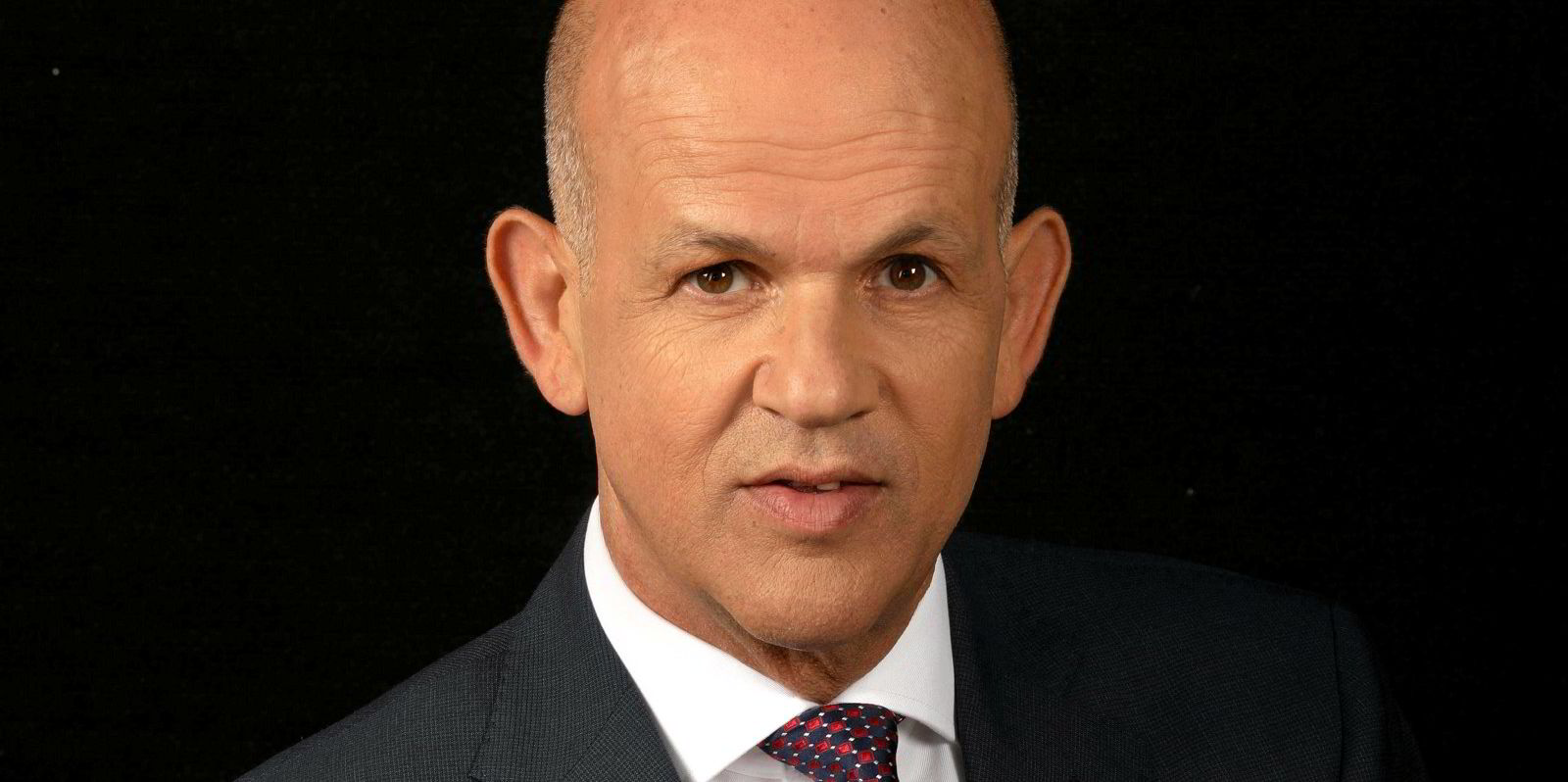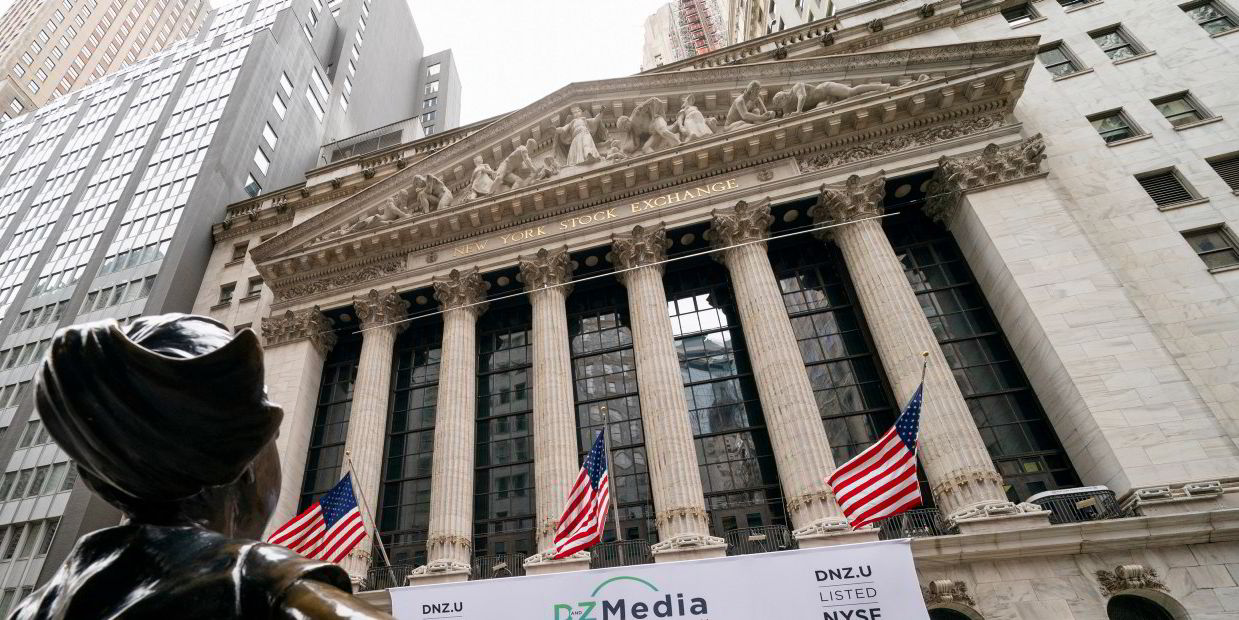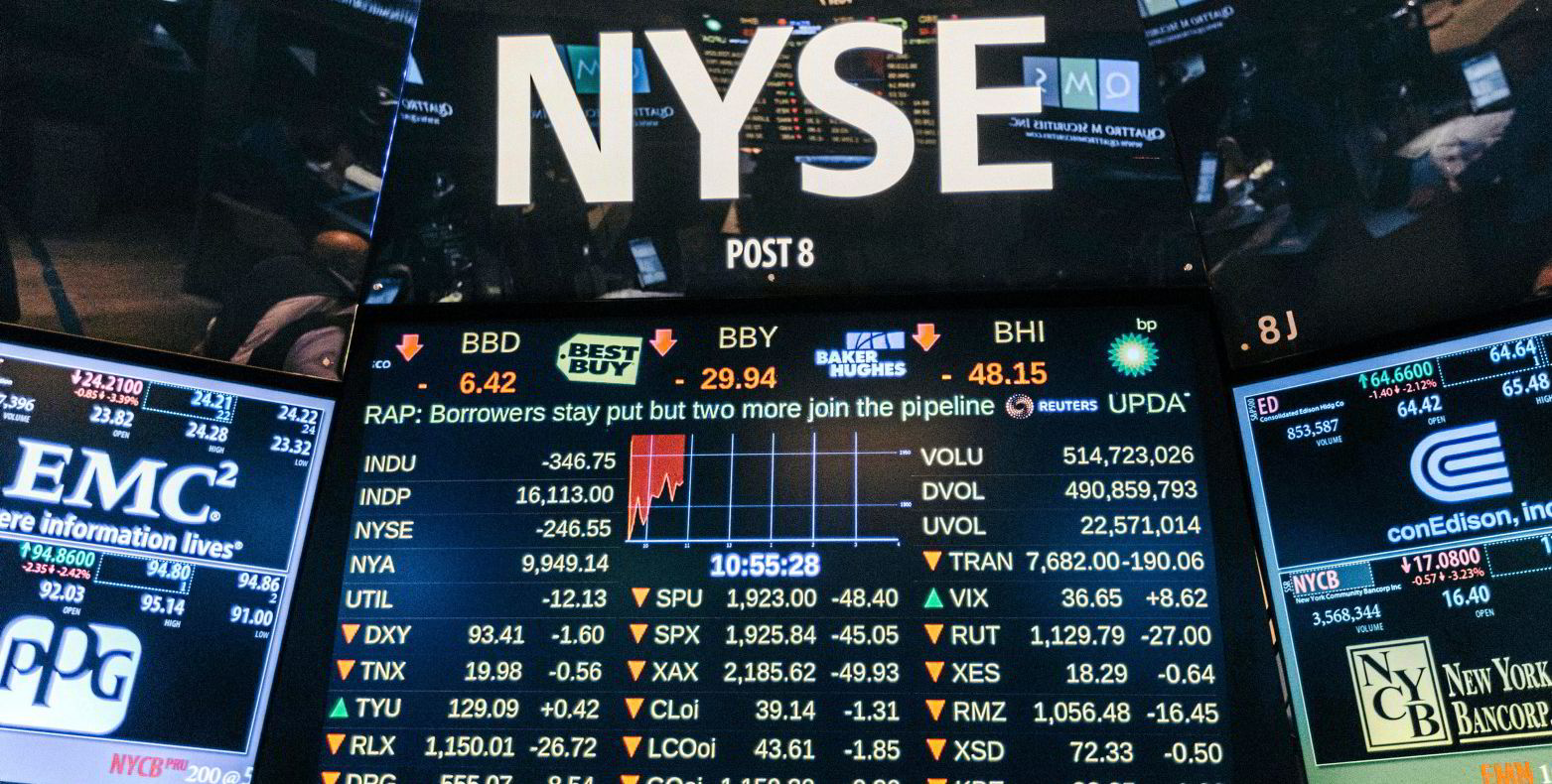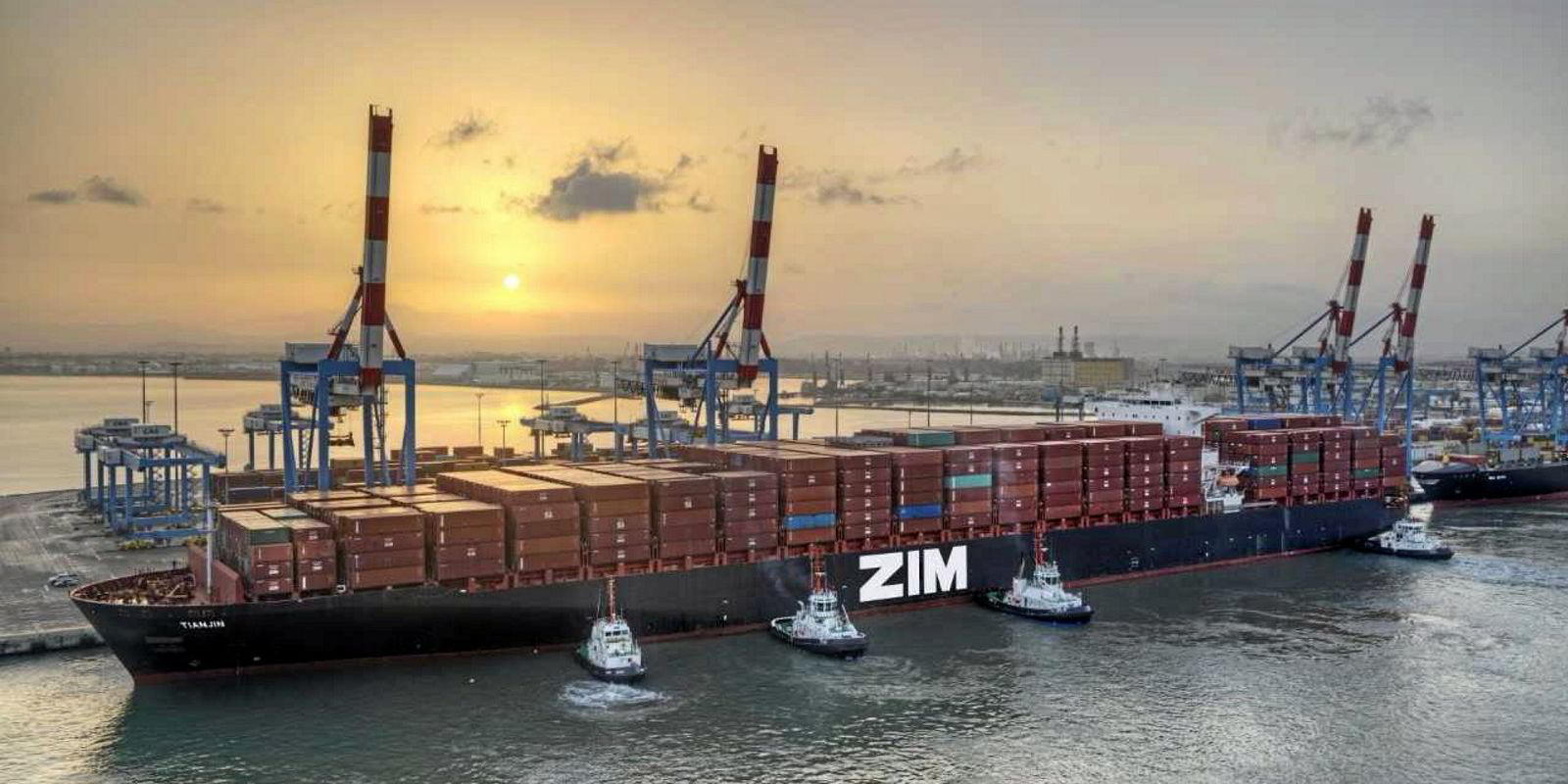The first mainstream shipowner in five years to float a company on the New York Stock Exchange (NYSE) was meant to provide a day of celebration for the maritime world.
The Israeli business, which is owned by shipping royalty — the Ofers — was expected to flag up the industry moving back into the global capital markets.
But the initial public offering for Haifa-based Zim turned into a bloodbath.
Cynics on social media joked that IPO stood for "It's Probably Overpriced".
Shares, which had already been marked down lower than expected before the launch, collapsed by a further 23% in early trading.
The wider stock market was having an off-day for sure, but the container vessel debut performance was much worse.
This was embarrassing for Zim — and the wider industry, which was hoping a successful launch would lead to a spate of others.
It was particularly discouraging as boxship freight rates have been going through the roof.
Zim is expected shortly to announce very strong quarterly financial results and had marketed itself as fleet of foot: an “asset-light model”.
Duck and dive
The company operates a fleet of nearly 100 vessels but 60% are on charter contracts of one year or less— giving it the opportunity to duck and dive if the freight markets turn sour.
This was one of the selling points that Zim took to investors as it sought to become the first top shipping name to list on the NYSE since Peter Georgiopoulos’ tanker business, Gener8 Maritime.
In fact, the Zim IPO was launched at $15 per share and after the first day’s price collapse it has slowly but steadily been gaining some of its lost ground.
By the close on Tuesday this week, the share price was $14.11, giving it a market capitalisation of $1.6bn.
This compares with the targeted market cap of over $2bn that was signalled to investors during pre-launch roadshows. There was also a big reduction in the number of shares being offered to outside investors compared with what was originally planned.
The Zim disappointment suggests investors remain wary of shipping with its famous history of volatility and a patchy record of sustained shareholder returns
The company earlier gave estimates for fourth-quarter net income of between $342m and $367m, giving it full-year profits of $500m.
This compares with a net loss of $13m in 2019 as containership operators saw freight-rate gains of almost 20% during a year of Covid-19.
What could go wrong?
With those kinds of exhilarating financial figures to bandy about, what went wrong with the IPO?
It is worth saying that Georgiopoulos’ Gener8 never traded post-IPO at the potential value that was expected of it. And the company ended up falling into the arms — via a takeover — of Belgian rival Euronav. Georgiopoulos was left to ply his skills and trade elsewhere.
The Zim disappointment suggests investors remain wary of shipping, with its famous history of volatility and a patchy record of sustained shareholder returns.
The New York stock markets generally have been booming, of course — despite the horrors of Covid and the overall impact that has had on global economic and commercial growth.
The real value has come from Big Data companies promising to benefit from a post-Covid digital — and greener, electric — economy.
It is an astonishing fact that loss-making electric car manufacturer Tesla now has a bigger market cap than the five biggest Western oil majors put together.
Legacy problems
So perhaps it is not so surprising that shipping is still seen as a niche, somewhat problematic, legacy industry, despite world trade depending on shipping now and in the future. This was certainly highlighted during the Covid-19 lockdowns.
We will have to see what happens to other IPOs, such as the planned local listing in Seoul of Korea Shipbuilding & Offshore Engineering.
Meanwhile, the US stock markets are struggling with their own public-relations problems caused by online investors using Reddit, Robinhood and other stock boards to ramp up shares being sold short by some big players.
The power struggle between small retail stock pickers and hedge funds, notably over GameStop shares and then silver prices, has already sucked in at least one shipping company — Castor Maritime.
This kind of online activity is causing wild volatility feeds into “casino” criticisms of stock markets. Helpfully, it has eclipsed a Zim flop — but it has not been a good week for shipping or stock markets.








